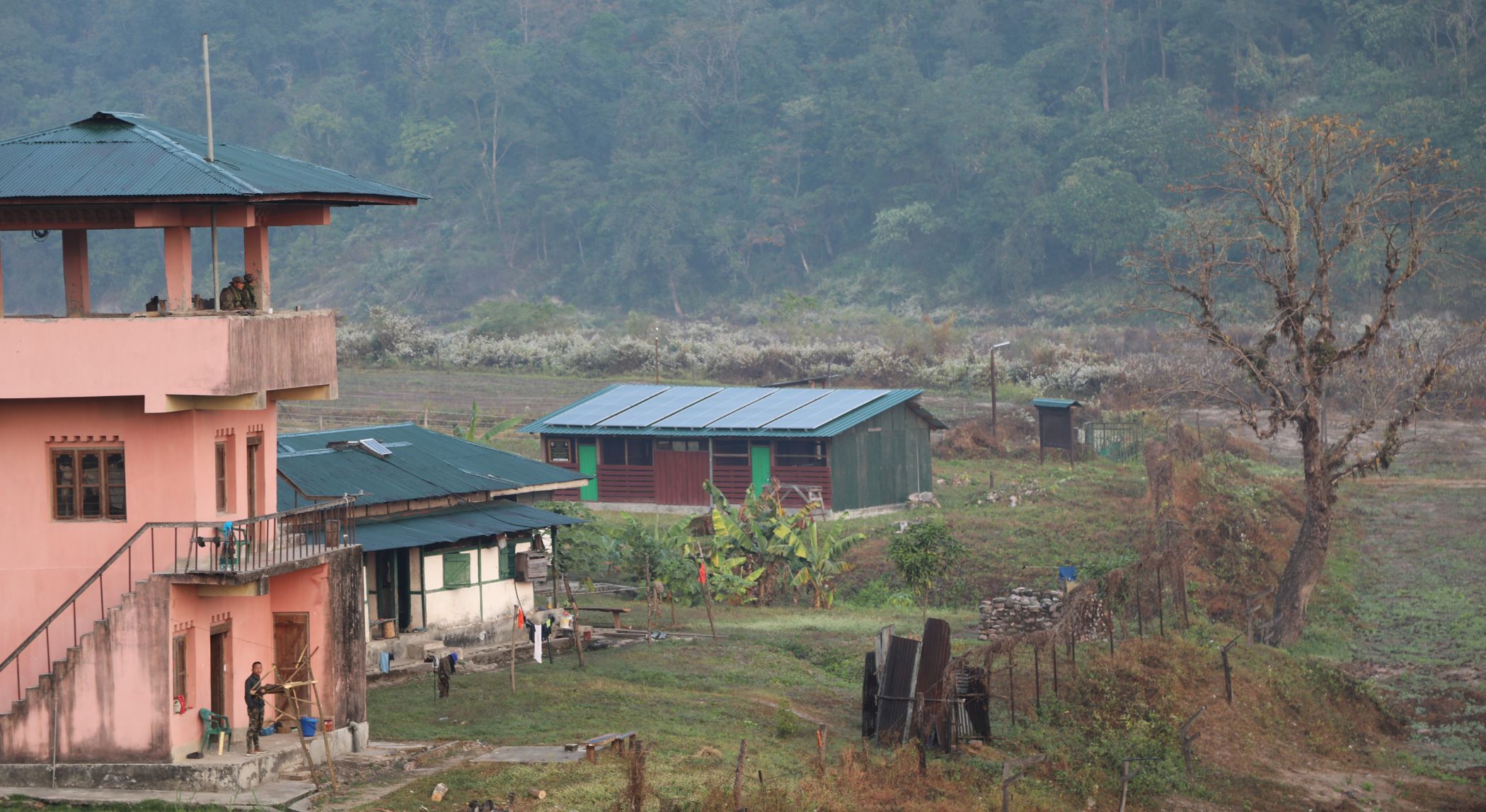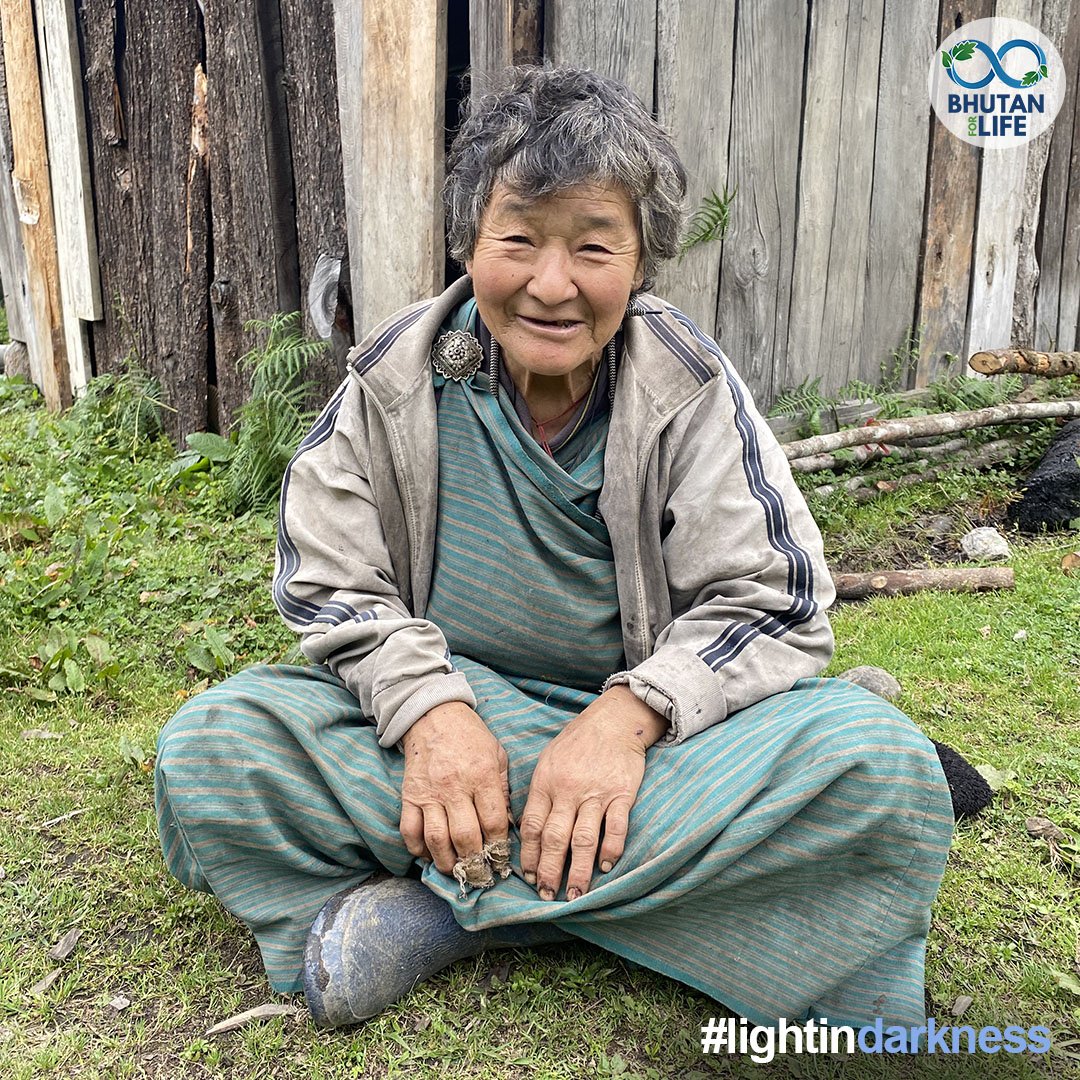The 10 kW Hybrid Photovoltaic (PV) Solar System at Phibsoo Outpost Forest Camp under the Phibsoo Wildlife Sanctuary (PWS) benefits more than 30 forestry officials.
Phibsoo Outpost Forest Camp established in the 1970s consists of a Forest Range Office with Staff quarters for Range Officer, Beat Officer and Field staff. A total of 17 units of quarters accommodates more than 30 forest officials on a monthly basis.

The forestry officials of PWS spent their official duty at Outpost without the light and cooling system despite the hot weather in the southern foothills. The officials were provided only an hour of electricity through a 30 kW Diesel Generator (2015) which was only enough to charge the handsets due to lack of sufficient fuel. Most of the time, without power and internet, the officials placed at Outpost remained disconnected from the rest of the world.
However, using the diesel generator was unsustainable in the long run due to constant increase in the fuel price. Annually, PWS spent around Nu.0.10 million on fuel which was just sufficient enough to run the generator for an hour on a daily basis. The generator consumed 100 litres of diesel in a month which produced approximately 3120 kg of CO2 per year. Further, running a diesel generator had an impact on the surrounding environment such as noise pollution which caused disturbances to the wildlife nearby.
Phibsoo Outpost Forest Camp remained without the Hydropower on-grid connectivity since it was financially and environmentally not feasible as it is located in the heart of Phibsoo Wildlife Sanctuary. Installing transmission lines requires clearing the forest that would fragment the wildlife habitat. Moreover, the line has to negotiate with a wide river bed and loose soil. Phibsoo is known to harbour critically endangered White Bellied Heron and many other endangered arboreal species like Golden Langur.

“It is a dream come true to the staff spending months in an outpost without the light system,” said Tashi Phuntsho, forest officer, Phibsoo Wildlife Sanctuary. “For more than a decade, rangers of the wildlife sanctuary have been providing security services to protect the lush green forest, diverse wildlife and landscape from poachers, illegal loggers and miscreants.” he added.
Staff at Phibsoo Outpost faced challenges in charging communication handsets, mobile phones and laptops and worst at times was when they had to spend the night without electricity when the monthly quota diesel got exhausted.
The commissioning of a 10 kW solar lighting system in Phibsoo outpost has made it convenient for the forestry officials residing at Phibsoo Outpost to monitor the forest network. The electricity from solar is clean, renewable, eco-friendly and contributes towards reducing carbon footprints. In the long run, it is more sustainable and economical as the installation cost can be offset by saving energy bills. It also helps support the PWS’s objective of going green by green infrastructure development which is the main objective of the sanctuary.
The 10 kW Hybrid Photovoltaic (PV) Solar System was installed with the funding support of Nu. 3,647,696.00 from Bhutan for Life with technical inputs from Department of Renewable Energy (DRE), Royal Government of Bhutan and World Wildlife Fund Bhutan (WWF Bhutan).









No comments yet.